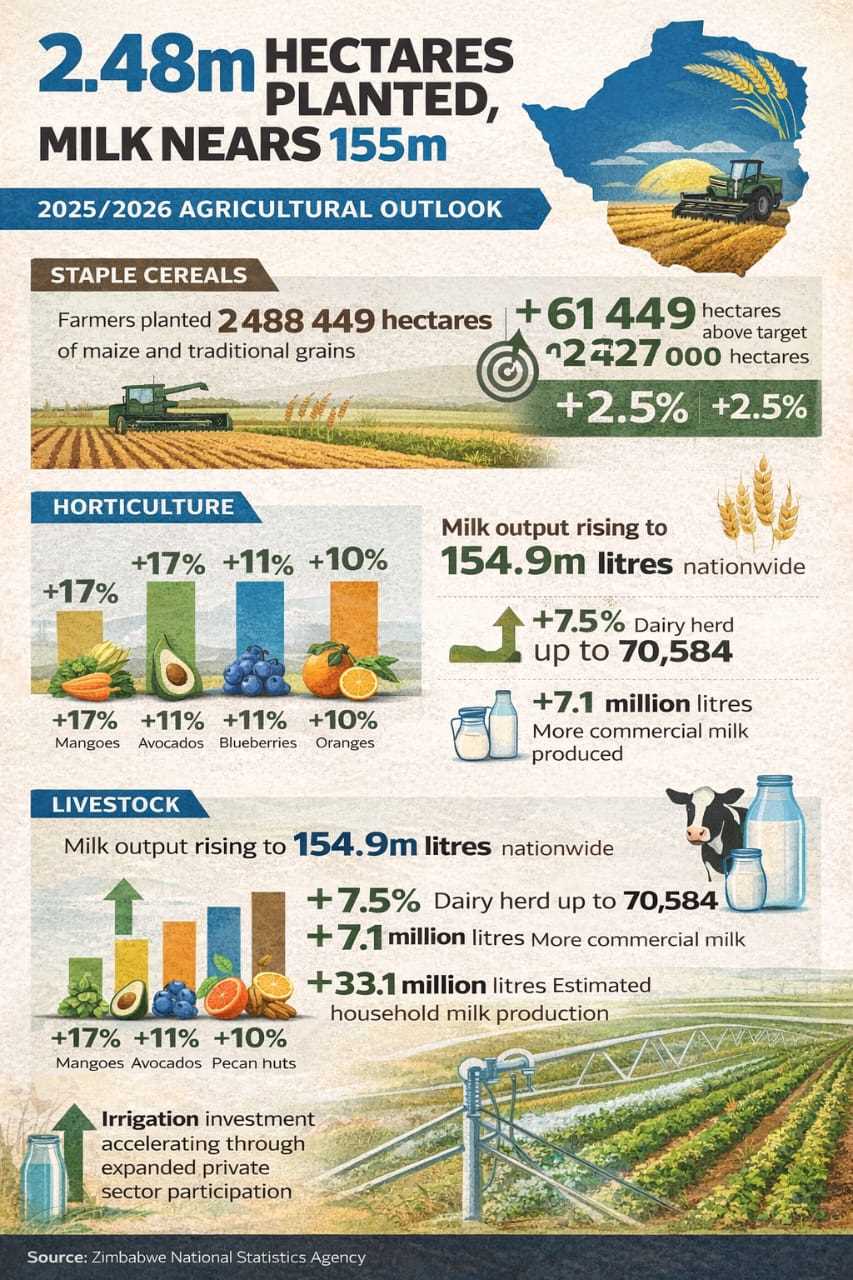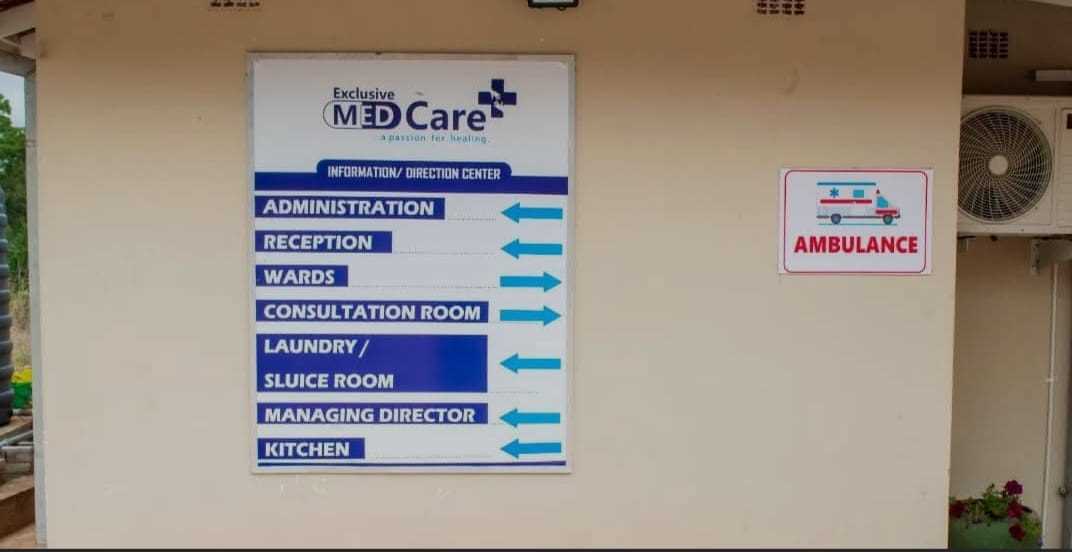
Audrey Galawu
The Confederation of Zimbabwe Retailers said there is need to explore ways to implement measures introduced by the Zimbabwe Revenue Authority without further causing damage to the economy.
This comes as the Zimbabwe Revenue Authority encouraged informal traders to register with the authority in line with measures introduced by Finance and Investment Promotion Minister, Professor Mthuli Ncube.
In a circular, Zimra said the measures which restrict wholesalers and manufacturers from selling goods to unregistered retailers are meant to eliminate unhealthy competition by informal traders.
“Our valued taxpayers are hereby notified that in terms of Finance (No.2) Act 13 of 2023 the Minister of Finance, Economic Development and Investment Promotion introduced measures to protect value chain integrity and transparency and to counter unfair competition by informal traders. Informal traders are encouraged to register with Zimra and be tax compliant,” reads the circular.
Meanwhile, CZR president said the restriction on acquiring goods from manufacturers may not necessarily result in a reduced flow of goods to the informal sector.
CZR president, Denford Mutashu said informal retailers can still source imported goods, bypassing the restrictions on local manufacturers.
“We are currently busy with engagements to explore ways of how the measures can be implementable without causing further damage to the economy.
“There is greater need to remain alive to the role of the 70% informal sector in the distribution chain.
Related Stories
“The measures also target small businesses and individuals running flea markets, tuckshops, street vendors and hawkers among others.
“The proposal to allow only VAT-registered operators to acquire goods from manufacturers is a significant development aimed at enhancing tax compliance and formalising the retail sector. While this proposal is welcomed by the CZR, concerns have been raised regarding the ability of small retailers to comply with the current requirements for VAT registration.
“Many small retailers may face challenges in meeting the criteria, which could hinder their ability to participate in the formal economy.
“To address this issue, CZR suggests simplifying the taxation system for small retailers by introducing an annual presumptive tax of approximately US$5 000. This approach would provide a more manageable and predictable tax burden for small retailers, allowing them to focus on their business operations while still contributing to the tax base.
“It acknowledges the importance of the wholesale and retail trade sector as a significant contributor to the country’s GDP and recognises that a large portion of these businesses operate in the informal sector.
“Taking a heavy-handed approach towards informal retailers may have unintended consequences, such as driving them further into the informal economy or creating economic volatility. Instead, CZR suggests incentivising compliance among informal retailers to encourage their transition into the formal sector.
This could be achieved through measures such as providing support and guidance on tax obligations, offering simplified tax regimes and promoting the benefits of formalisation,” Mutashu said.
He also added that a more holistic approach that combines simplified taxation, incentives, and support for informal retailers is crucial to achieve the desired outcomes of increased tax compliance and the formalisation of the retail sector while maintaining economic stability and growth.




















Leave Comments